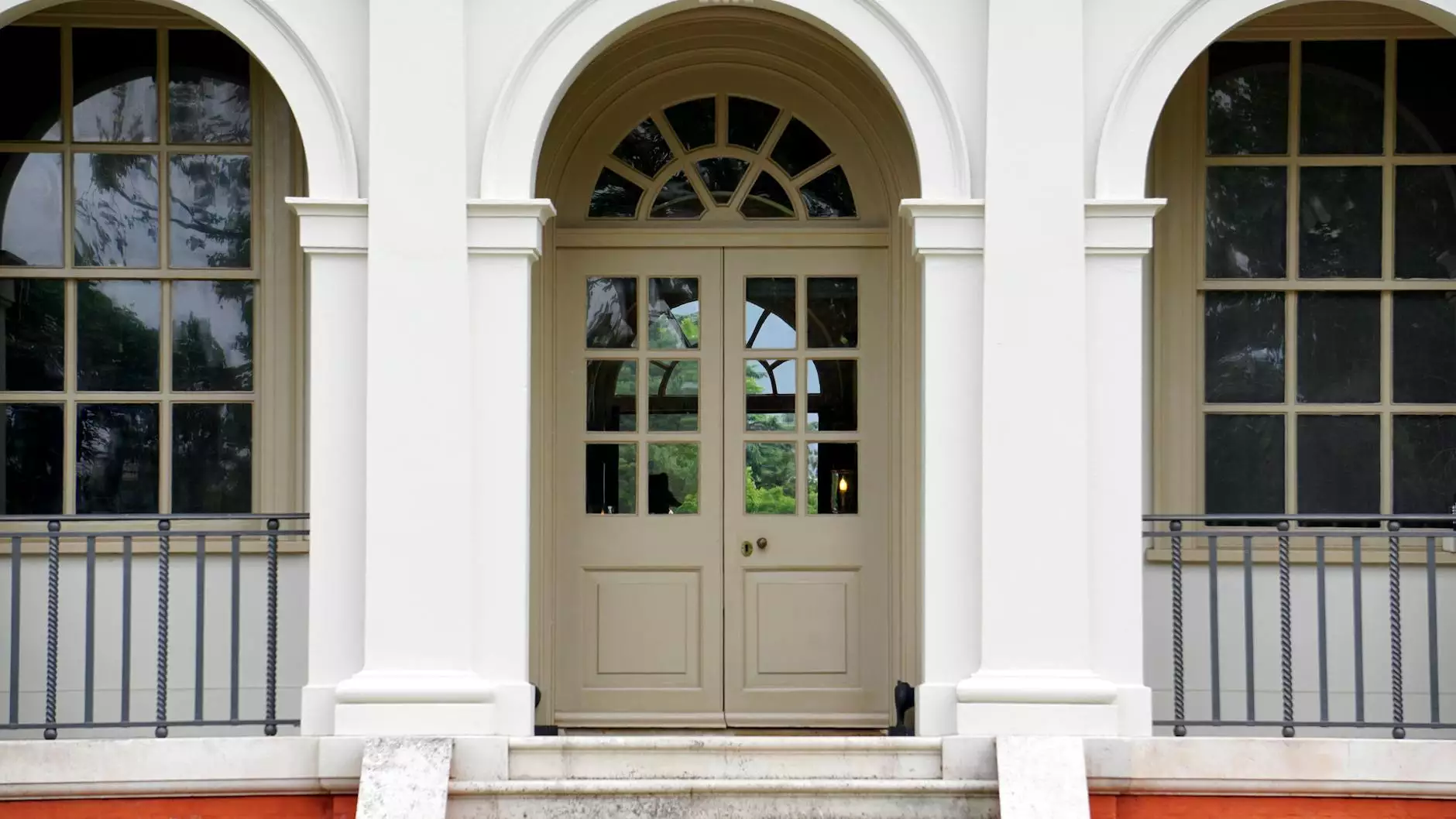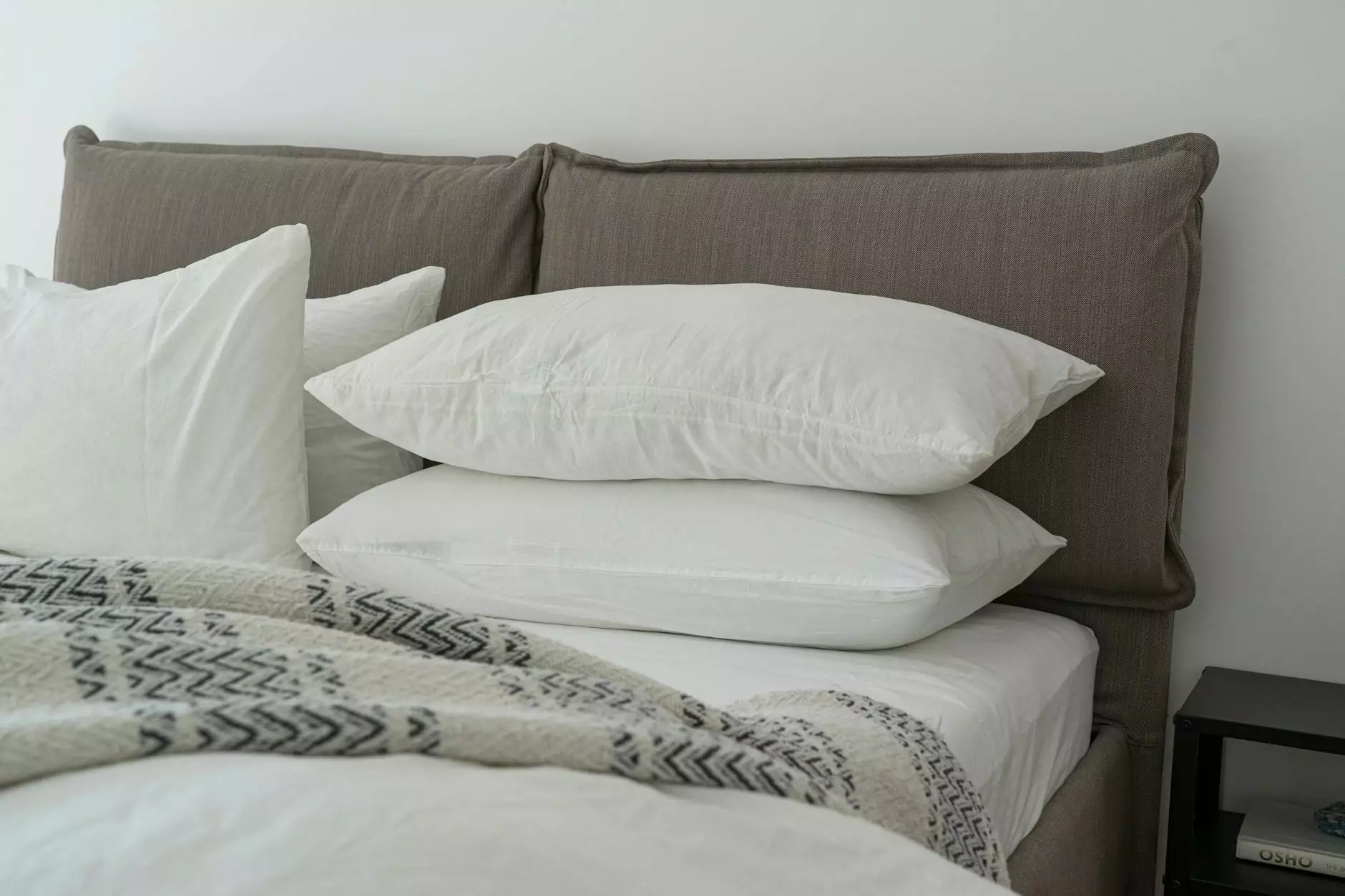Bamboo Flooring vs Hardwood Flooring - Choose the Best for Your Home

Introduction - The Beauty and Durability of Natural Flooring
When it comes to enhancing the beauty and durability of your home's flooring, choosing the right material is essential. Two popular options that homeowners often consider are bamboo flooring and hardwood flooring. While both offer impressive qualities, each has its own unique characteristics and benefits. In this article, we'll explore the key differences between these two flooring options, and help you make an informed decision for your home.
1. The Source of the Materials
Bamboo flooring is derived from the bamboo plant, a fast-growing, renewable resource that regenerates much faster than hardwood trees. This makes bamboo flooring an environmentally-friendly choice for those concerned about sustainable living. On the other hand, hardwood flooring is made from harvested trees, offering a more traditional and timeless appeal.
2. Appearance and Aesthetics
Both bamboo and hardwood flooring come in a variety of colors, grain patterns, and finishes to suit different design preferences. Bamboo flooring often features a unique, contemporary appearance with its linear grain patterns. Hardwood flooring, on the other hand, boasts a classic and timeless look, giving your home a warm and inviting feel.
3. Durability and Resilience
When it comes to durability, bamboo flooring is known for its exceptional strength and resilience. It can withstand heavy foot traffic, making it an excellent choice for high-traffic areas like entryways and living rooms. Hardwood flooring, while durable, may require more maintenance to keep it in top condition.
4. Moisture Resistance
If moisture is a concern in your home, bamboo flooring offers better resistance compared to hardwood flooring. Bamboo is naturally more resistant to water damage, making it a suitable choice for areas prone to spills or high humidity. Hardwood flooring, however, can expand and contract with changes in humidity, requiring proper care and maintenance to prevent damage.
5. Eco-Friendliness
As mentioned earlier, bamboo flooring is considered a more eco-friendly option due to its rapid regrowth and sustainability. Choosing bamboo flooring supports responsible resource utilization and reduces dependence on hardwood forests. Hardwood flooring, while a natural material, requires the harvesting of mature trees.
6. Affordability
One of the key factors to consider when choosing between bamboo and hardwood flooring is the cost. Bamboo flooring is generally more affordable than hardwood flooring, making it a budget-friendly option for homeowners. Hardwood flooring tends to be pricier due to the cost of harvesting and processing the wood.
7. Installation and Maintenance
Both bamboo and hardwood flooring can be installed by professionals who specialize in flooring installation. However, bamboo flooring often comes in pre-finished planks, making the installation process faster and more convenient. Hardwood flooring may require additional finishing and refinishing work to achieve the desired look. In terms of maintenance, both options require regular cleaning and care to preserve their beauty and longevity.
Conclusion - Finding the Ideal Flooring for Your Home
As you can see, both bamboo and hardwood flooring offer unique qualities and benefits. When making your decision, consider factors such as your design preferences, budget, durability requirements, and environmental impact. Whether you choose bamboo flooring or hardwood flooring, Ferma Flooring provides a wide range of high-quality options in the Home & Garden, Contractors, and Flooring categories that are sure to meet your needs.
bamboo flooring vs hardwood flooring








